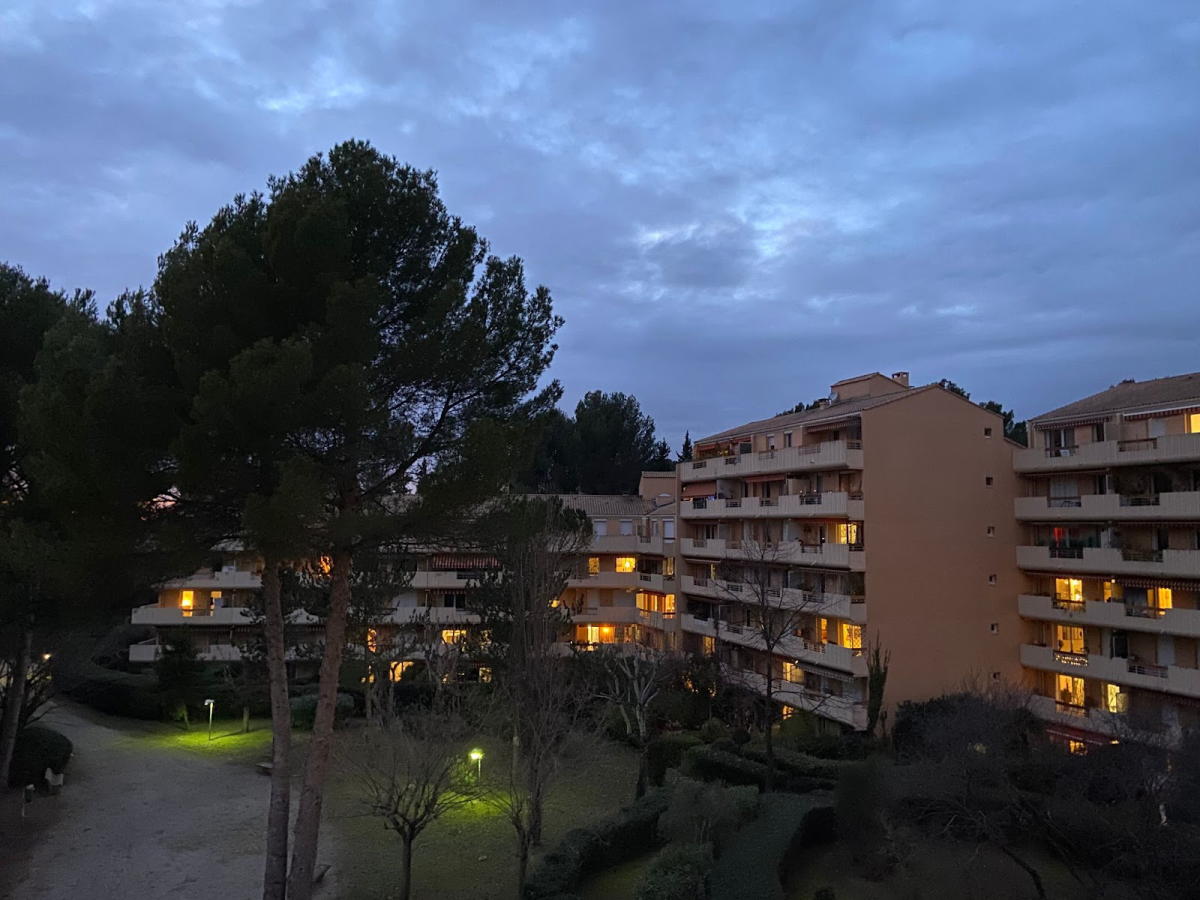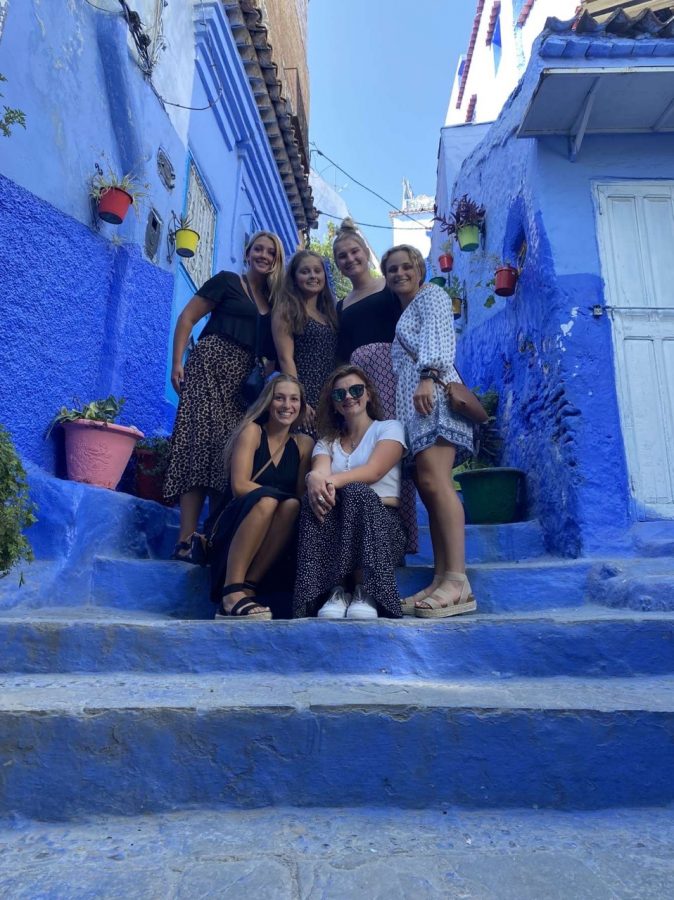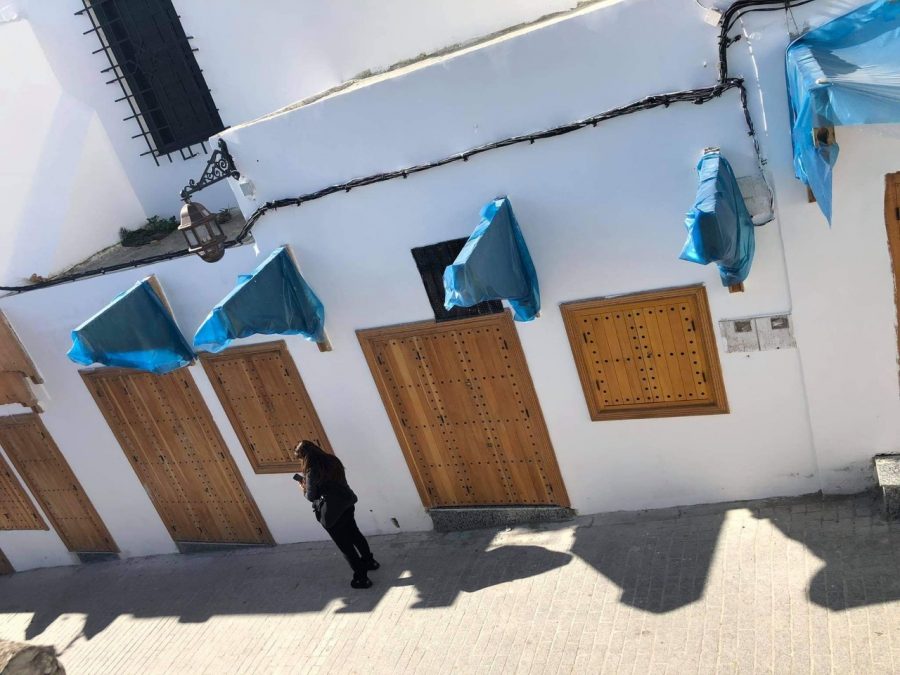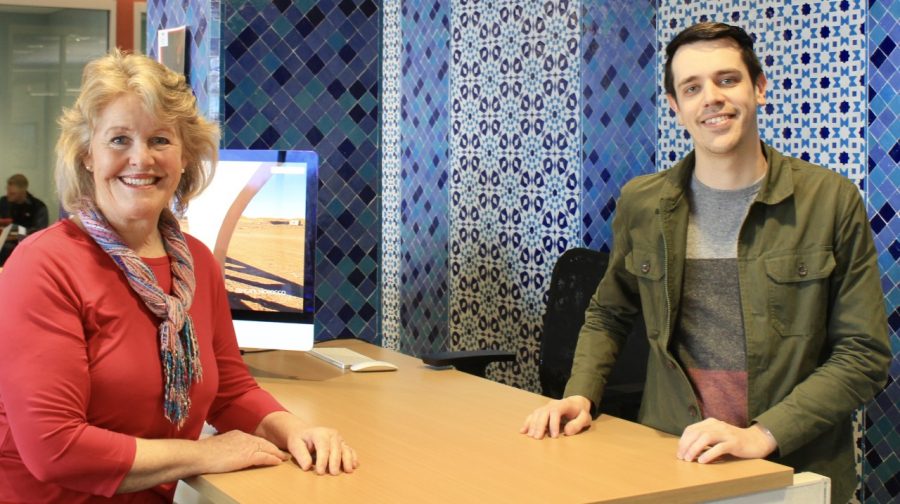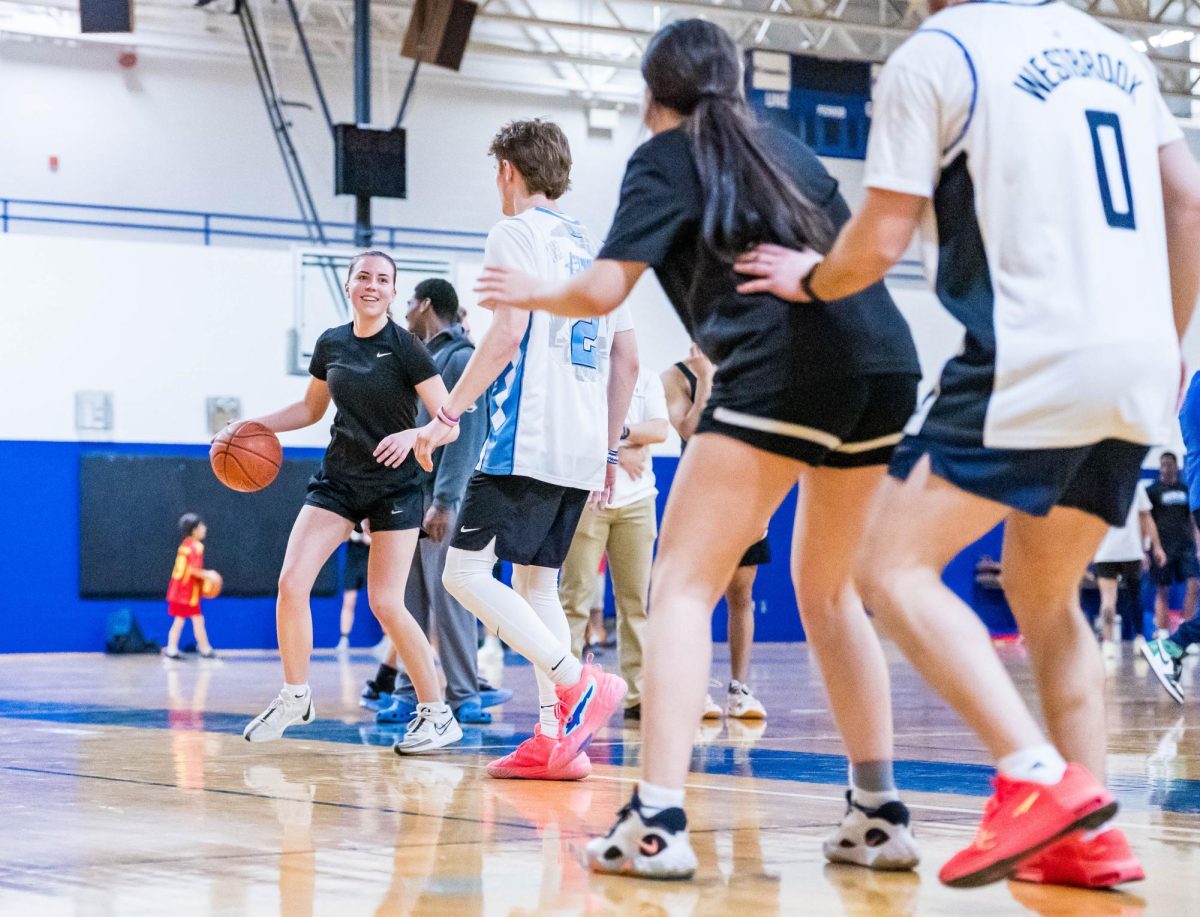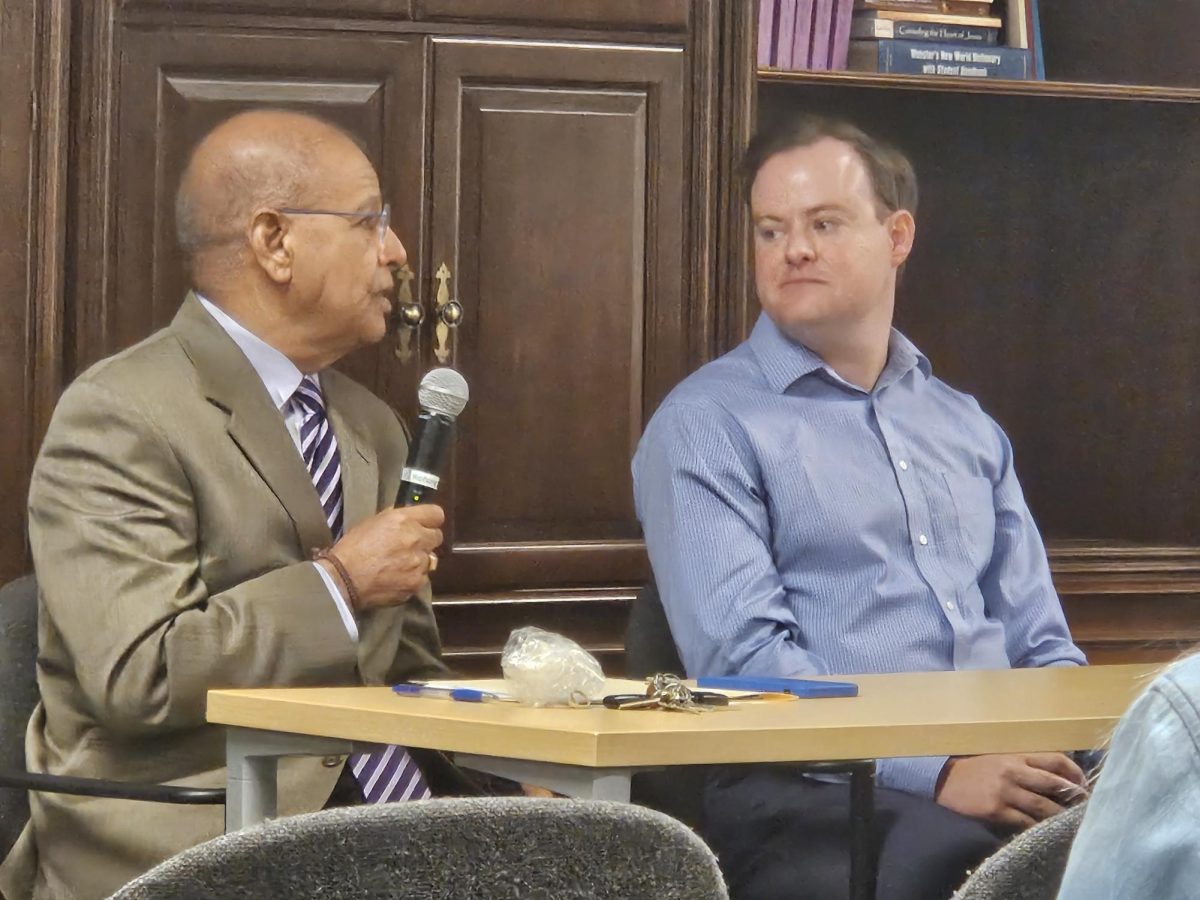UNE’s France study abroad program requires students to live with a host family throughout the semester. As someone who hadn’t been further out of the U.S. than Canada, this was an intimidating proposal. The thought of living with a stranger who speaks a foreign language for four months, relying on them for food and housing, is a wild concept. It relies on both parties to be open-minded and adaptable.
Just as in any relationship, there must be a balance of give and take that is mutually beneficial. I hope to ease any concerns about what living with a host family is actually like and answer any questions an aspiring traveler at UNE might have.
When I learned that I had to live with a host family during my semester abroad, the first thing that came to my mind was the food; my nerves about the kind of food I would eat and be served were undeniable. But, I decided to view the experience as an opportunity to learn about and try new foods and meals. Keep in mind this is coming from a fairly picky eater.

With that being said, after being abroad for nearly a month, the food has been great. My host “mother” Brigitte, a spunky and surprisingly nimble 81-year-old French woman, is an awesome cook. She makes us dinner six days a week, and breakfast every morning. The dinners have been a mix of new foods as well as familiar ones. I’ve eaten everything from pasta with bolognese to filet mignon with ratatouille. Out of all the meals I’ve eaten, I would estimate there have been less than five things I haven’t enjoyed, and that is just counting food items, not meals themselves.
The nice thing that I’ve experienced living with a host is that they are very welcoming and open to suggestions. Brigitte has been I told her that I like potatoes, and they have now become a consistent part of our meals! If you begin your experience with an open mind, you will look forward to eating every night.
As for the breakfast, it is often a very similar selection every morning (this is common amongst all hosts). Cereal, bread with jam, cream cheese, or butter, fruit, and pastries are the daily options. I have found it nice to have a consistent breakfast, contrasted with unique dinners each night.
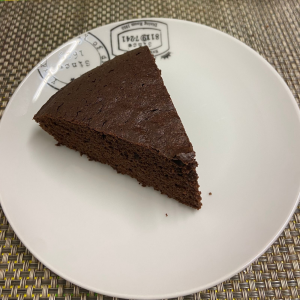
The other obvious concern I had was the language barrier. I had never taken a French class before arriving here (my only experience was a few months of using Duolingo), and I was very worried about communicating. Hosts have a wide range of English experience. Some know a lot, some may know little to none.
My host, Brigitte, falls somewhere in the middle. She speaks French a majority of the time but can communicate in English sparingly when it is clear I don’t understand something. It’s greatly appreciated when she does this, but listening to her speak fluently is one of the best ways for me to continue my learning.
We have been able to communicate about all the necessities, using Google Translate when needed. There are definitely frustrations that come from not being able to understand everything that she says, but Brigitte, along with all the hosts, is always accommodating and understanding.
Do your best to gain some basic knowledge before leaving, but know that it will be difficult no matter what. It is a challenge, but the reward of conversing in a new language will be worth it.
Living with a host family has proven to be a great experience already; it has made it easier to feel like I belong in this new place. For anyone hoping to study abroad, don’t let living with a host family be something that holds you back. You may be surprised by how quickly a once-foreign place can become a home. I certainly was.



